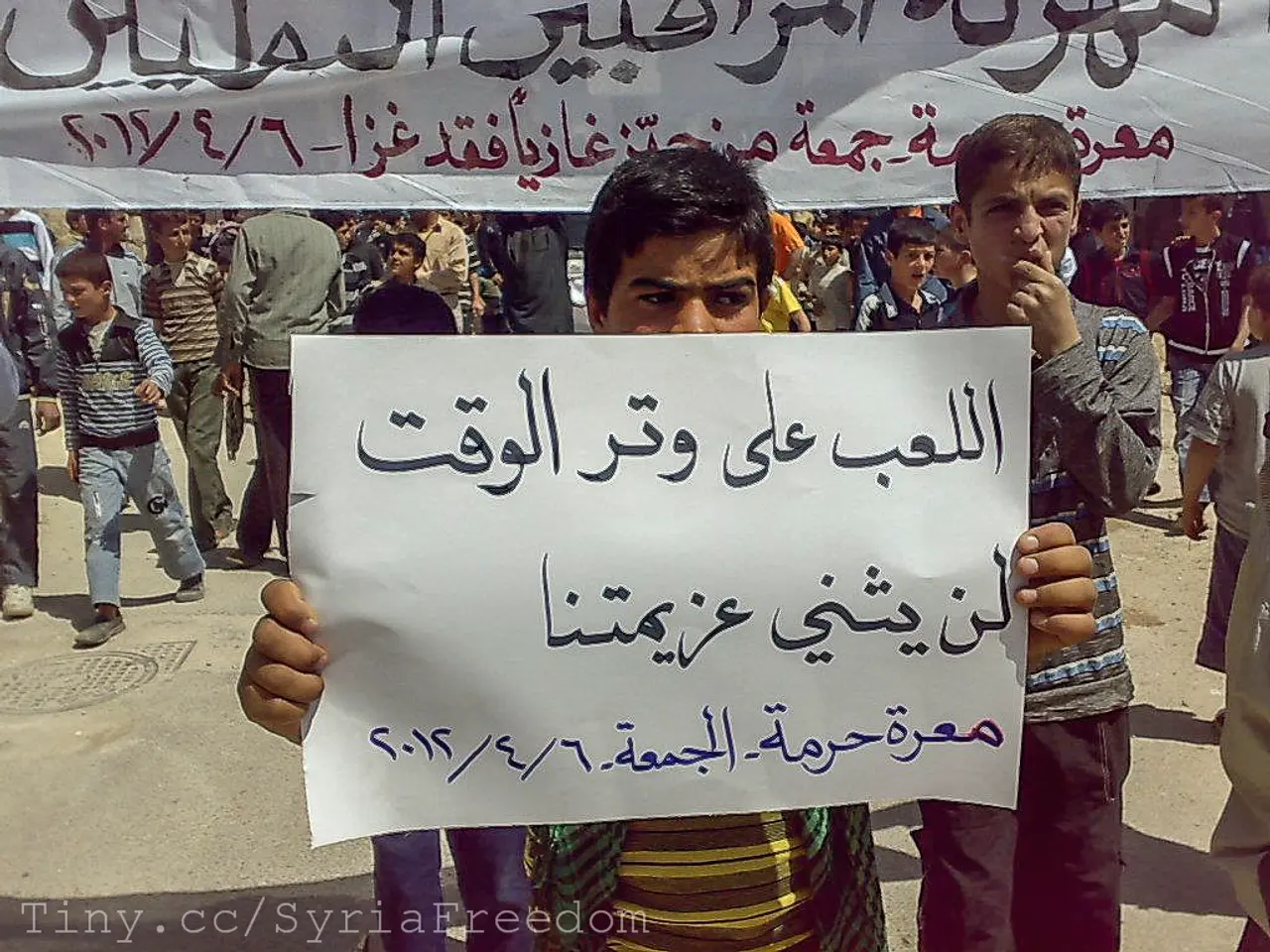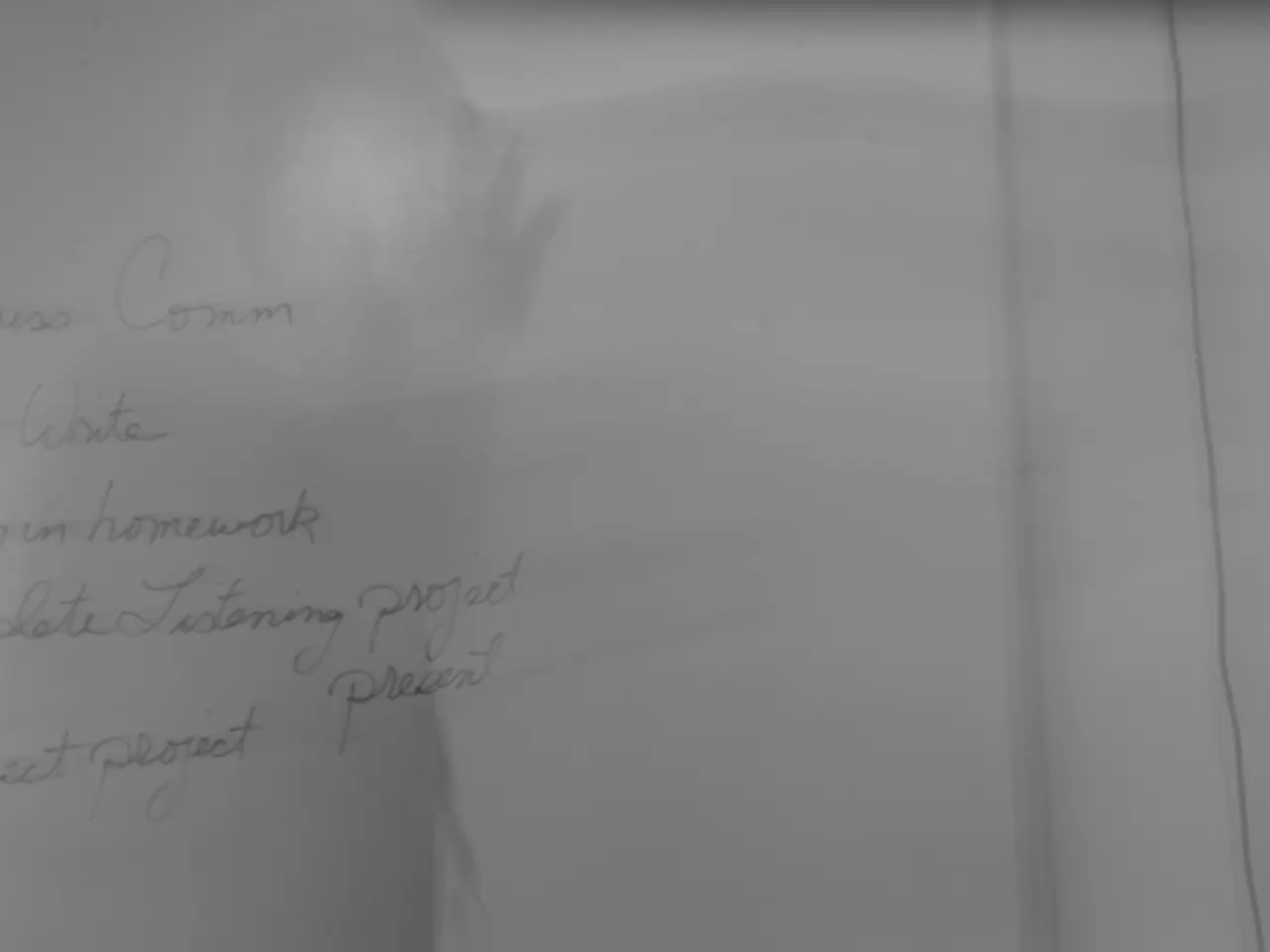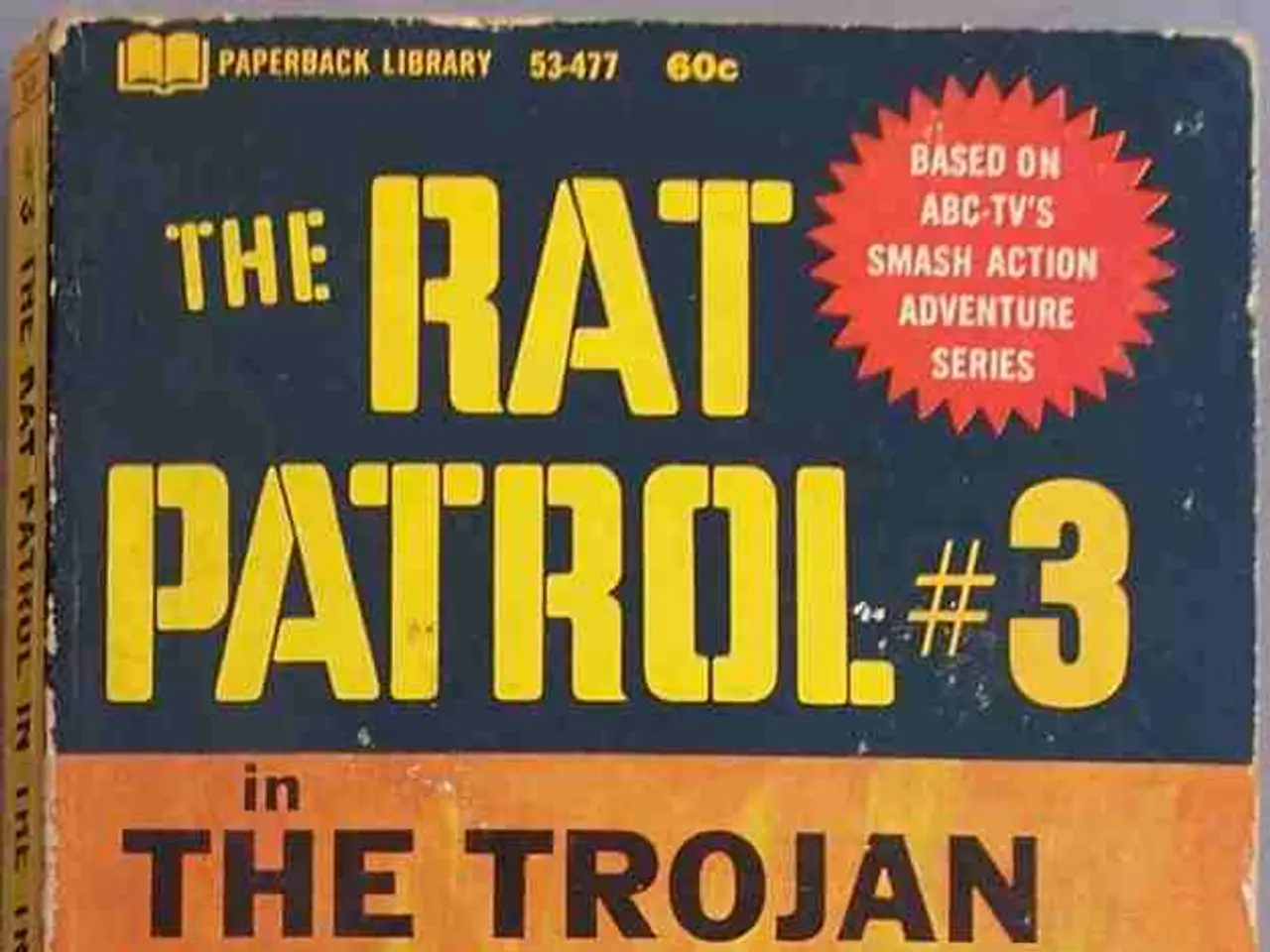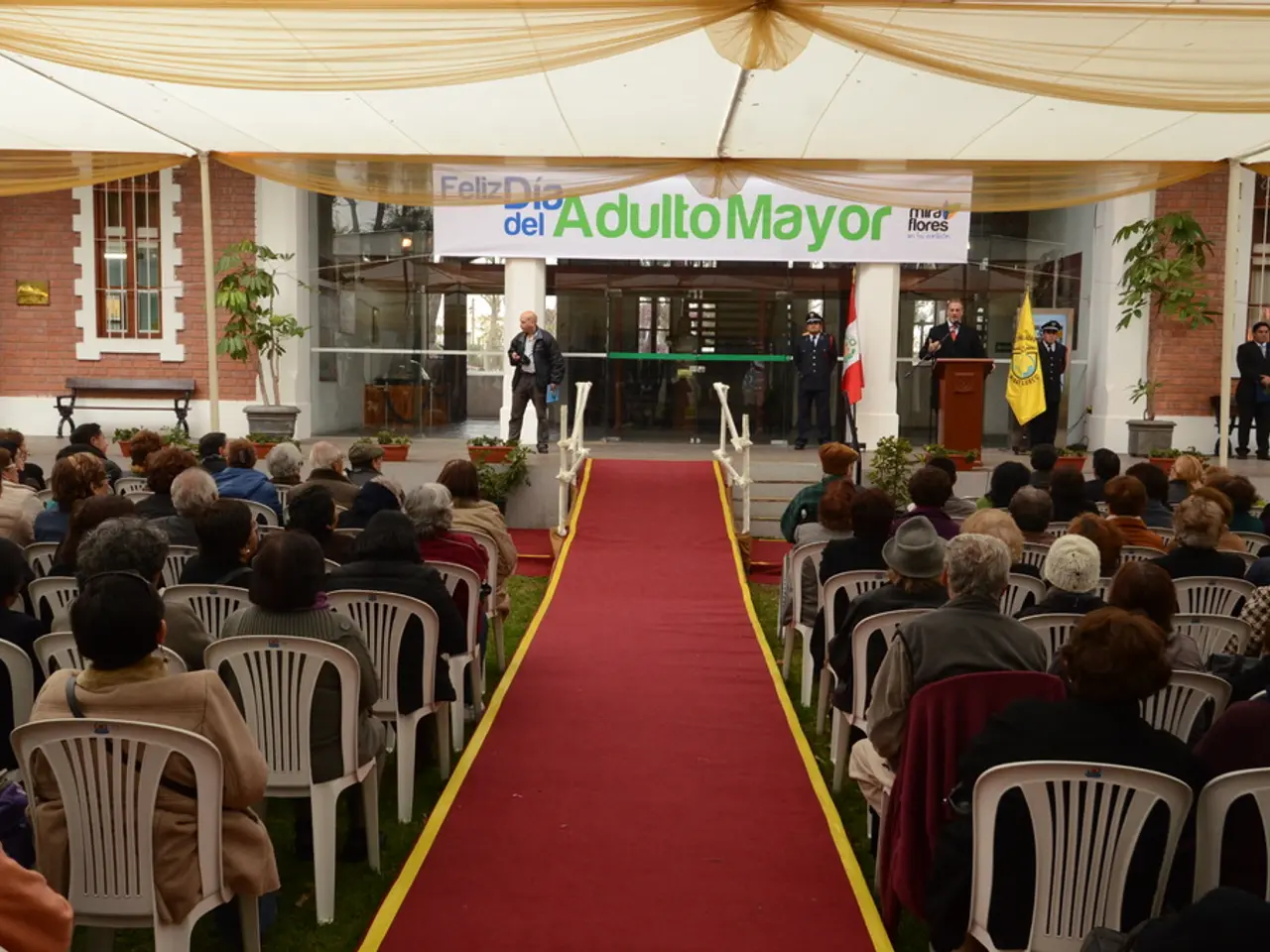Israel's prime minister, Netanyahu, is said to aim for the full conquest of the Gaza Strip. - Israeli Prime Minister Netanyahu is set to assume control over the entire Gaza Strip.
Israeli Prime Minister Benjamin Netanyahu's plan for a full takeover of the Gaza Strip has sparked concern and opposition, both domestically and internationally. The proposed military occupation of Gaza City and the entire territory could displace around one million Palestinian civilians and escalate the ongoing conflict.
The Israeli military has been conducting near-daily attacks in Lebanon, raising fears of a new war. Meanwhile, the political stability of Lebanon could be jeopardised if members of Hezbollah were to leave the government.
Netanyahu's plan involves extensive military activity, which could severely limit the access and ability of aid organisations to operate in Gaza. This could worsen the already dire conditions in the region, particularly for Palestinian residents, who face the risk of displacement, increased danger amid military operations, and the continuation or intensification of humanitarian crises caused by the conflict and Israeli control.
The plan has faced opposition from within the Israeli military, with former military spokesman Peter Lerner criticising it as "political survival disguised as national security." Lerner expressed particular concern for the safety of hostages, stating that their danger increases with each passing day of the war.
The current ceasefire represents a significant escalation if Netanyahu's plan proceeds, contradicting international calls for de-escalation and humanitarian prioritisation. The plan's risks to hostages and the strategic complications of full military governance over 2 million Palestinians suggest that the ceasefire is unlikely to hold, increasing the risk of resumption or expansion of open conflict with Hamas.
In Gaza, the situation is already critical, with UN reports suggesting a risk of famine. The removal of all Hamas tunnels and bunkers could take years, according to military concerns. Meanwhile, out of around 2,600 trucks, about 2,300 have been intercepted since May 19, and a significant portion of aid shipments into Gaza are being looted along the way.
Netanyahu's intentions could be part of a negotiating tactic to pressure Hamas amid stalled talks on a ceasefire and the release of hostages. However, the plan's potential implications are far-reaching and could have a devastating impact on the lives of countless Palestinians and aid organisations working to alleviate the ongoing humanitarian crisis in the region.
Elsewhere, in Lebanon, a cabinet meeting has been scheduled today to discuss the control of all weapons by the Lebanese state and the disarmament of Hezbollah. The meeting follows a reported incident in which one person was killed, allegedly a Hezbollah terrorist, according to the Israeli military. The Israeli military currently maintains a presence at five posts in the south of Lebanon.
Hezbollah has so far refused to agree to binding disarmament with a concrete timeline. The looting of aid goods is happening either peacefully by hungry people or violently by armed actors, according to UN reports.
The future of the Middle East remains uncertain as tensions continue to rise, and the potential for new conflicts and humanitarian crises looms large.
- The Commission's communication on the implementation of the European Union's action programme for the Mediterranean region may require urgent revision, given the escalating war-and-conflicts in the region, particularly the Palestinian crisis and the political instability in Lebanon.
- The ongoing political tensions and military activities in Israel and Lebanon, such as Netanyahu's plan for Gaza and the proposed disarmament of Hezbollah, are generating general-news headlines and fuelling concerns about the future stability of the Mediterranean region.







